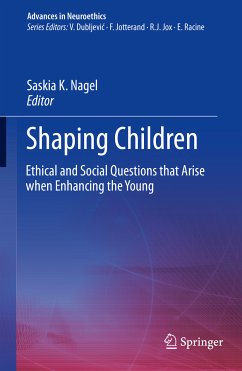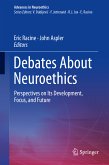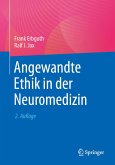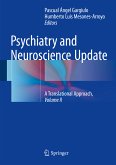The volume offers a unique collection of articles on pediatric neuroenhancement from an international and multidisciplinary perspective. In recent years, the topic of "neuroenhancement" has become increasingly relevant in academia and practice, as well as among the public. While autonomous adults are free to choose neuroenhancement, in children it presents its own ethical, social, legal, and developmental issues. A plethora of potential (neurotechnological) enhancement agents are on the market. While the manifold issues surrounding the topic have been extensively discussed, there is little work on the specific questions that arise in children and adolescents. This book addresses this gap in the literature: Next to conceptual and normative work on autonomy and self-control, the collection explores the implications for parenting and schooling, and provides input for a discussion of public attitudes. It is a valuable resource for the different academic communities confronted with questions of how to evaluate and approach enhancement in children and is of interest to neuroethicists, scholars in applied ethics and neurology, psychiatrists and psychologists as well as scientists developing enhancement interventions for children.
Dieser Download kann aus rechtlichen Gründen nur mit Rechnungsadresse in A, B, BG, CY, CZ, D, DK, EW, E, FIN, F, GR, HR, H, IRL, I, LT, L, LR, M, NL, PL, P, R, S, SLO, SK ausgeliefert werden.









